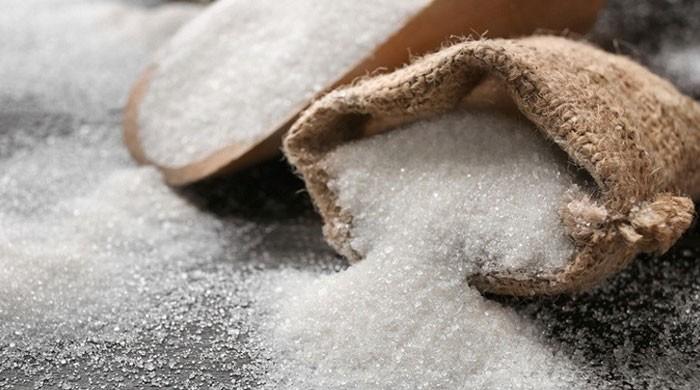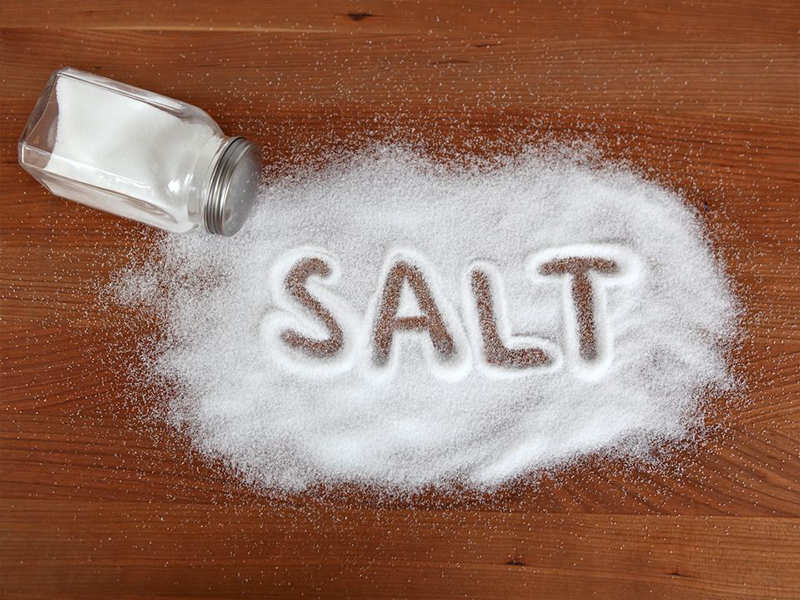Desires for Salt and for Sugar
In the event that you, similar to me, are either diabetic, overweight, or both, I'll wager your Doctor has let you know, time and again, "Cut down on salt and quit utilizing sugar." While it's anything but difficult to abstain from including sugar or sprinkling salt our nourishment, there are simply such a large number of spots where salt and sugar cover-up. Handled meats, cheeses, arranged soups, Chinese take-outs, non-diet soft drink drinks, and even the modest café arranged green verdant plates of mixed greens are altogether prime suspects.
Salt is a problem Spice. Salt, artificially known as Sodium Chloride, is one of those minerals that are both helpful and lethal to life. Additionally known by its compound moniker, NaCl, salt in its different structures will be effectively searched out by living animals, instinctually. Everyone put out salt licks for meandering creatures, particularly in the winter months.
In any case, there is a clouded side: an excess of salt prompts fluid maintenance and at times, passing.
Since old occasions, salt has been prized, either as an added substance for nourishments or an additive. The meat was consistently salted for long sea or procession trips between old people groups.
Our statement for "cash", compensation, get from a Roman custom of paying their soldiers in salt rather than hard money.
For a large portion of us in these cutting edge ages, the nourishments we eat have been prepared to incorporate the salt. In like manner, we will, in general, enjoy our bodies in salt. While the facts confirm that we need about 2.5 grams, or around 2500 mg salt day by day forever, our cutting edge nourishments commonly give us more than the without our including increasingly salt.
Did you realize that even plates of mixed greens served at eateries are stacked with salt?
What do we use instead of Salt?
We could change to some type of salt substitute. There are various promptly accessible salt substitutes available, and practically every one of them depends on some type of Potassium Chloride (KCl).
For the vast majority for KCl is that it stimulates our taste buds in a way like NaCl salt. The drawback is that for an extensive number of us, KCl leaves an unpleasant, metallic delayed flavor impression.
Business definitions incorporate "NoSalt," straight KCl, NuSalt, and mixes of NaCl and KCl, "SoSalt," a mix of KCl and lysine. Those are intended to invigorate our taste buds to fool us into believing we're tasting "salt."
Be that as it may, there are options. On the off chance that you go online, you'll discover a large group of articles that depict options in contrast to Sodium Chloride (NaCl), prominently herbs, citruses, and flavors that likewise stunt the body into accepting its experiencing NaCl.
While this article doesn't imply to be the "be all, end all" of salt substitutes, it perceives that we do get a great deal of salt 'normally' through our prepared groceries.
Another drawback of utilizing Potassium Chloride-based salt substitutes is that the body retains both NaCl and KCl. On account of Potassium, we can undoubtedly overdose ourselves with Potassium and for sure 'poison' ourselves with a lot of Potassium.
Overdosing from Potassium is called Hyperkalemia." Symptoms of hyperkalemia incorporate however are not constrained to, muscle shortcoming, tiredness, shivering sensations, or sickness. Extreme overdoses can cause moderate heartbeat, frail heartbeat and serious drops in circulatory strain. Different side effects detailed incorporate stomach torments, general inclination wiped out, and looseness of the bowels. Different indications include weariness or shortcoming, a sentiment of deadness or shivering, queasiness or retching, issues breathing, chest torment, palpitations or skipped pulses.
Be that as it may, how might we wipe out adding salt to our eating routine without likewise including Potassium? One of the best ways is to utilize a salt substitute that is without potassium, yet at the same time figures out how to animate our salivary organs in a similar way that salt does.
Salt Substitutes:
We've just referenced the more well known monetarily accessible salt substitutes: NoSalt, SoSalt, and so forth. These kinds of items are different types of Potassium Chloride.
As we've likewise noted, the vast majority don't see the taste distinction, a sharp, metallic persistent flavor.
Combined with the chance of getting a lot of Potassium in your eating routine, these Potassium-based salt substitutes are not excessively solid for you.
Luckily, there are other salt substitutes available. These work by invigorating receptors in the mouth that cause us to feel like we've ingested salt. The best contain some type of citrus or citrus extract.



No comments:
Post a Comment